|
It’s Booklust Wanderlust bookreview time again! This month over at The Displaced Nation, I reviewed Huan Hsu’s memoir THE PORCELAIN THIEF about searching for his family’s buried treasure in China. Hsu, the American-born child of Chinese immigrants, deals with culture shock, learns about the history of the porcelain industry and uncovers the details of a family legend.
Read more at the link: http://thedisplacednation.com/2015/10/24/booklust-wanderlust-in-the-porcelain-thief-atck-and-expat-writer-huan-hsu-assembles-shards-of-his-chinese-heritage/
0 Comments
This time for my Booklust, Wanderlust column at The Displaced Nation, I interview the lovely author Shireen Jilla about her second novel, The Art of Unpacking Your Life. Set in the Kalahari, this book puts together a group of friends who were once best friends in university. Many thanks to Shireen for agreeing to the interview!
Read it here. In my latest Booklust, Wanderlust column for The Displaced Nation, we venture off in search of the lost city of Atlantis, with Mark Adams' Meet Me in Atlantis.
Read my review here.
Click on the image above to go to this month's book review on The Displaced Nation. "Passionate Nomad" by Jane Fletcher Geniesse looks at the early life and development of hotshot wartime Middle East expert and lifelong adventurer Dame Freya Stark and is a gripping read.
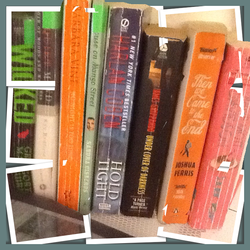 My bookshelf. My bookshelf. Every year, sometime in January, I try to calculate how many books I read in the previous 12 months. Reading books (specifically novels, though I seem to be reading more nonfiction in the last two years) is a daily habit, and I usually have more than one book going at a time. Last year and the year before, I was able to make a guess at how many books I read because I could count the titles on my Kindle. Unfortunately, over the Christmas holiday my Kindle decided that three years of constant use was a long enough life span and stopped working. I'm trialling reading Kindle books on my iPad instead, but will probably bite the bullet and get another dedicated ebook reader in the next couple of months. I read email and webpages on my iPad every day, but it's not really a comfortable platform to read a novel on, especially just before going to sleep: the screen's bright and it's too heavy to hold up for several chapters. Anyway, this year, I've decided to look forward rather than back and plan a little as how many books I'm going to read this year. In January, I read 12 books--behind my usual pace for a month that included a holiday, and I'm blaming that on the indecision about reading on my iPad or not. I'm guessing most months I read between 5-15 books, with an annual total of around 100. One of the books I did read this month was part of the Untreed Reads reading challenge, which I'm happy I stumbled upon before the deadline to enroll. Basically, they're giving me a book a month and asking me to then write an honest review of it when I've finished. I've been meaning to post more book reviews on Goodreads for some time now, so this seemed like a fun way to make that happen (and get free books, whee!). For January, I picked Lesley A. Diehl's A Deadly Draught, which looked like fun because it mixes mysteries and beer--two topics I enjoy. You can see my review on Goodreads here. As the year progresses, I'll mention the other titles I read in this blog under the "untreed reads challenge" tag. What are your reading goals for 2014? Summertime here in Southern China seems to last a lot longer than the three months the season is designated on the calendar. But how much of summer is just the heat? I maintain summer is a state of mind, and I write about books that help us capture that feeling in this week's post on Novel Adventurers. Happy reading! http://noveladventurers.blogspot.com/2012/08/books-that-feel-like-summer.html
This week over at Novel Adventurers, we've been blogging about street food the world over. Take a look at the posts to see what you might snack on while taking a walk in South America, Iran, Italy--or, my own contribution, in China. But beware--you'll be hungry after reading!
http://noveladventurers.blogspot.com/2012/05/heaven-on-stick.html On a related topic, I've just finished reading a few books that take place in different cultures, and, since I was thinking about street food, I took special note of the snacks and dishes that were described in them. Last night I finished Sue Grafton's V is for Vengeance. Her PI Kinsey Millhone is always going to McDonald's and other fast food joints--perfect for 1980s California where the book is set. In Shamini Flint's A Deadly Cambodian Crime Spree, her Inspector Singh finds Cambodian food to be more difficult to come to terms with than the murders he is investigating. And in The Night Circus, by Erin Morgenstern, the smells and tastes of the carnival food set the scene of the magic circus almost as well as her stunning visual descriptions. I won't say I like reading about food as much as I like eating said food, but it's certainly an important part of the travel experience for me--and also, an important part of my reading experience. Last month I went to Singapore on a family trip and had the luck to catch the Australian cast of the Broadway hit Wicked. The story of the Wicked Witch of the West’s path to infamy, the musical is based on the book of the same name, by Gregory Maguire.
The show was fantastic. We had excellent seats, courtesy of my partner’s mother (thanks again Marilyn!) and the actors took me away to Oz just as easily as the tornado took Dorothy. But, seeing the hit play made me start thinking of book adaptations. I’d read Wicked more than 10 years ago, and loved it, and so I decided to re-read it now that I’ve seen the Broadway version. When watching the play, I realized that I’d forgotten a lot of the details of the book. And when I went back and read the book I realized that the show had changed the story around quite a bit. Some of those changes were fine (telescoping the timeline was important to fit a book that covers 40 years into a three-hour show) but others were a little more disappointing. (Did it really need a happy ending? Bittersweet would have been fine.) I don’t watch a lot of TV shows, but two series that I am an avid follower of are HBO’s The Game of Thrones and True Blood—both adaptations of book series. The Game of Thrones (as probably everyone who reads this already knows) is an adaptation of George R. R. Martin’s Song of Ice and Fire fantasy books. Martin has written five hefty books in the series so far, and the TV show attempts to bring the first two books to live-action drama. Without being a fangirl, I do think I know the books pretty well. Each time a new book in the series comes out, I re-read the past installments, and when I had lasek vision correction done on my eyes a few years ago and was avoiding watching videos or reading books, I spent several months listening to the audio book versions. The TV series (the second season has just started) is trotting along quickly, trying to keep up with the huge cast and intertwining story arcs that make the book the wonderful read that it is. I know who all the characters are, I recognize the lines that they’ve lifted from the book and I catch some places that they’ve changed or simplified details to make it better for TV. But I wonder how the show could be interesting for people who haven’t already read the books. The cast is so huge—I think the last episode I watched followed the point of view of Tyrion, Arya, Jon, Sansa, Catelyn, Renly, Bran and Theon—and remember all those scenes have those characters interacting with yet more characters—but neglected to show the viewers the points of view of Daenarys, Robb, Asha (who they’ve renamed to something…Yara?), Davos… How many characters can a TV viewer be asked to care about in the space of an hour? It works in the book, partially because sometimes you can leaf back a few pages and read it again to figure out what the heck just happened. True Blood remains one of my favorite series to watch, and I’m looking forward to when the fifth season starts this summer. The series is based on the universe created in the Southern Vampire series by Charlaine Harris. Part paranormal mystery, part paranormal romance, the books are fun, quick reads following would-be normal mind-reader Sookie Stackhouse as she works for vampires, falls in love with vampires, and dates werewolves and weretigers. Oh, and discovers she’s part fairy. Unlike The Game of Thrones, True Blood doesn’t try to catch every detail of the books. In fact, the series diverted from the books early on in the first season, when Lafayette wasn’t murdered and instead went on to become one of the main (and maybe the best) characters. Now, the books and the TV shows populate the same universe but in parallel dimensions—showing us different episodes of what could have been in the lives of the characters. At first this two-faced storytelling bothered me. I liked the books and I wanted to see it on the screen. But then, I realized that I also liked the story line that was presented on TV. Enough details are different now that I have no problem differentiating the storyline in the book from the arcs presented in the show. Despite enjoying these three examples of adaptations, I do remain wary of works that have been adapted. Probably the reason for that is the terrible movie that was made out of one of my favorite books, The Prince of Tides by Pat Conroy. But that’s a subject for another post. I will read a book just for its setting.
Now, sure, stories are usually at their heart about people. And, I love twisty plots, but I will go through a book that has less-than-sparkling characters or story to get a description of the world in which they move. I suppose this is one of the things that draws me to well-written fantasy books as well. World building is so important for me as a reader. Perhaps one of the books that first made me sit up during the reading and think, 'hey, this is like traveling, only I'm not moving,' was M. M. Kaye's Death in Cyprus, about a young woman who is traveling on a boat to Cyprus when someone is murdered. I quickly became enthralled with M.M. Kaye's work, and still consider Trade Winds (set in Zanzibar, involves pirates...what else do you need?) to be one of my favorites. So I was musing about this recently and decided I would actively search out some mysteries that take place in exotic locales. With that in mind I was browsing through the bookstores in Hong Kong two months ago and came across a few titles I was happy to take home with me. The first I'd heard about before but never read, one of the Ladies' No. 1 Detective Agency series, by Alexander McCall Smith, about a conservative Botswanan lady who solves mysteries in a very proper manner. I've only read one of the books in the series, but am on the lookout for more of them. I've heard that it's also been made into a BBC/HBO show. I enjoyed the book I read from the series, the Tears of the Giraffe, because it was so fresh and different from the mysteries I had been reading—usually set in England or the United States, full of police jargon and procedure. In contrast, this book examined the social mores of the middle class in a country I know nothing about. It was filled with descriptions of Africa that made me want to grab my camera and book the next flight out. The only thing I wondered, after devouring the too-thin book, was how accurate the characters in the book are. The detective is an African woman who hasn't been to university but who has decided to start her own business; the writer is a male Scottish physician. For me, the book worked, but I'd be interesting to hear if any African women had read the series and felt it rang true. Another book that I picked up in Hong Kong and enjoyed through to the last page was the first volume of the Inspector Singh Investigates series by Shamini Flint. Called Inspector Singh Investigates: A Most Peculiar Malaysian Murder . The book is about a Sikh detective who is a misfit in his own department in Singapore so he gets sent off around SE Asia on loan to other police outfits. This one took place in Kuala Lumpur, Malaysia, a city I've explored on numerous occasions, so it was fun for me to see how well the descriptions in the book matched my memories. The subsequent books take place in Bali, Singapore and Cambodia and I'm looking forward to picking them up for a browse, maybe when I visit Singapore next month. Still on the shelf, I'm looking at reading a book called The Night of the Miraj (also called City of Veils), by Zoe Ferraris, about Saudi Arabia, and I think next time I go to Hong Kong I'll pick up a book I considered but ultimately didn't buy, Murder at the Ashram, by Kathleen McCaul, about India. I have been looking for some contemporary mysteries about China, seeing that I live here, but haven't come across any. Suggestions are welcome! |
Beth Green
Beth is an American freelance writer who has lived in Europe and Asia since 2003. She grew up on a sailboat and, though now a landlubber, still enjoys a peripatetic life. She writes articles and suspense about travel, expatriate living, and many other topics. Archives
October 2015
Categories
All
|

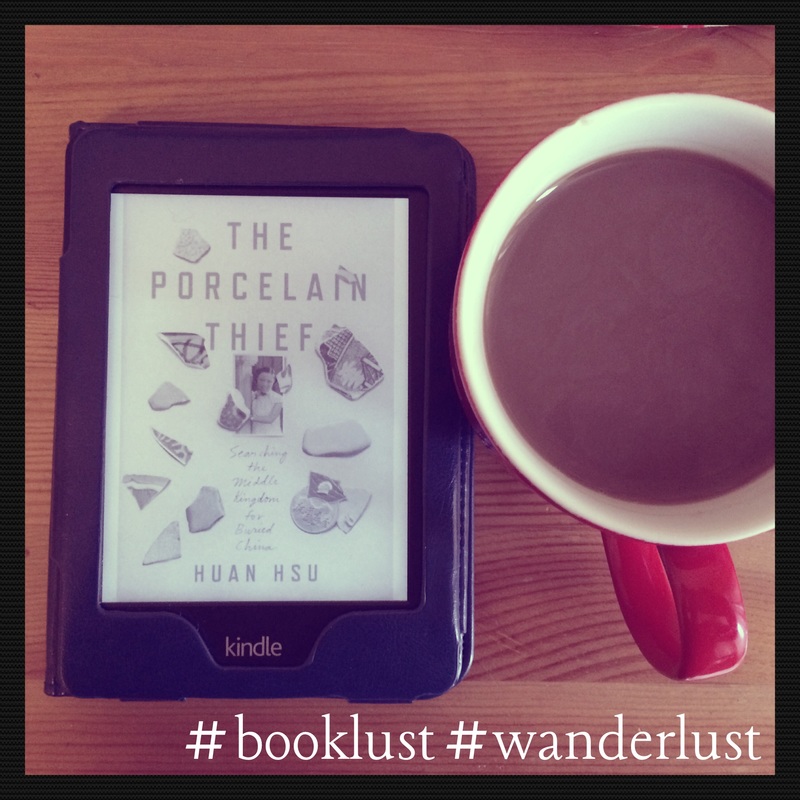
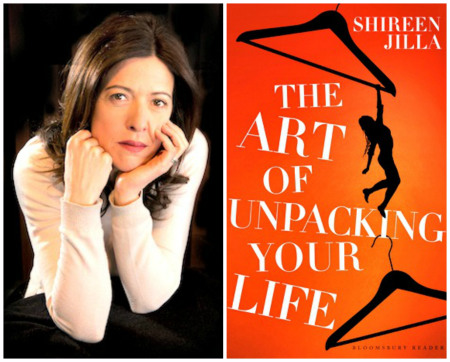
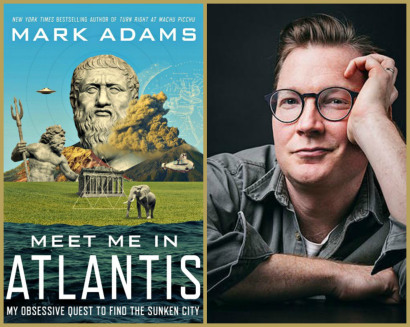
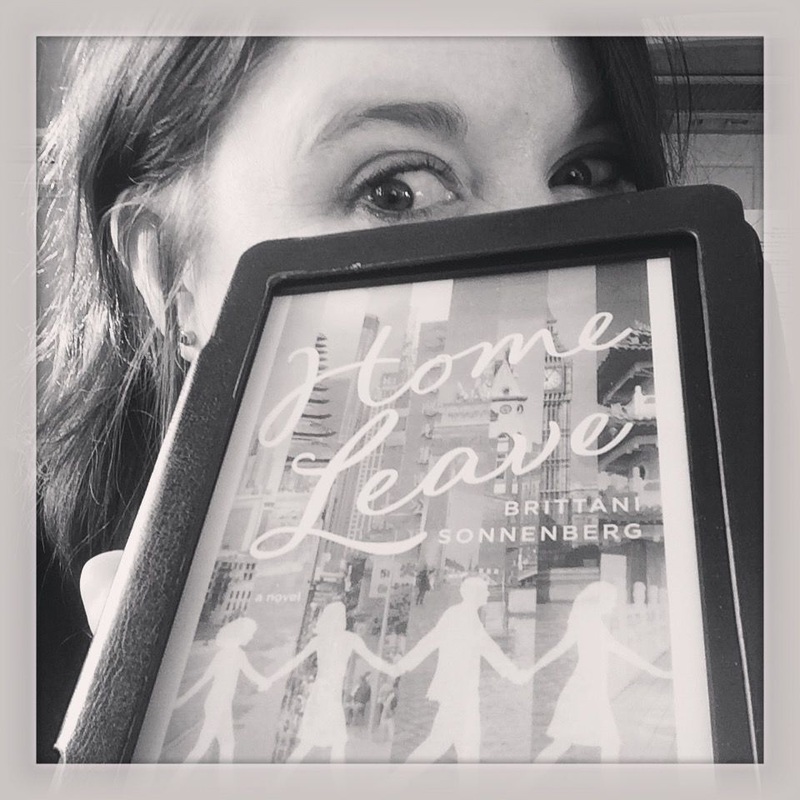
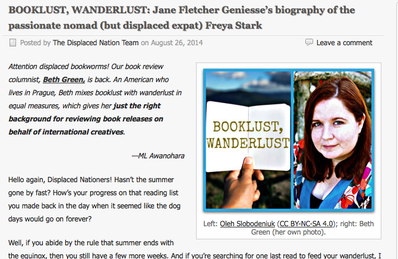
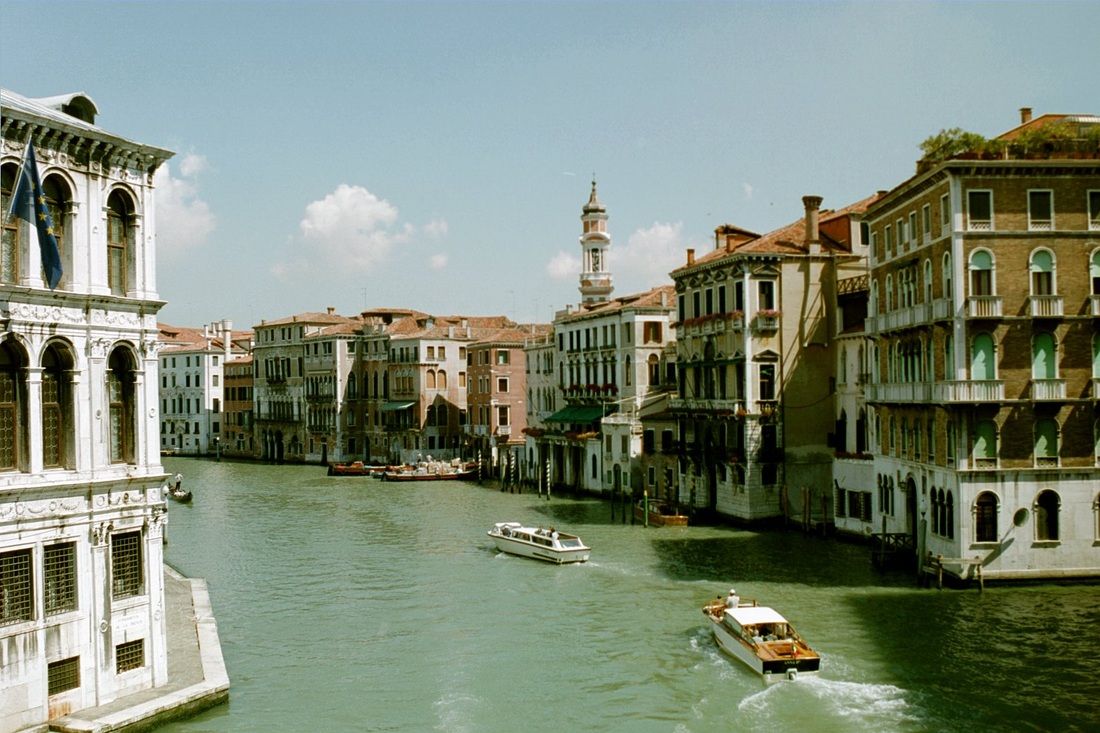

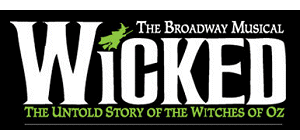

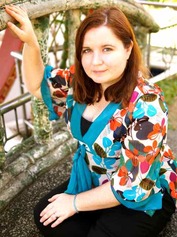
 RSS Feed
RSS Feed